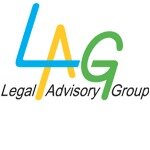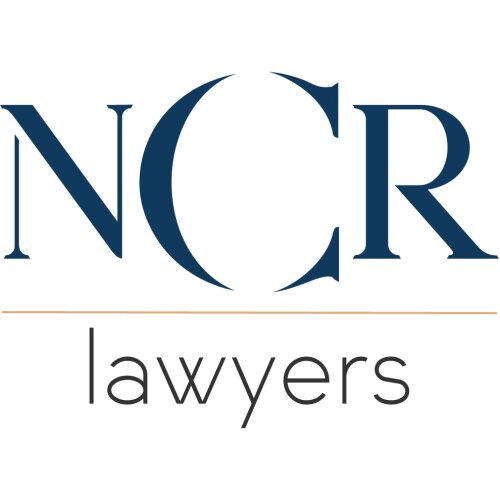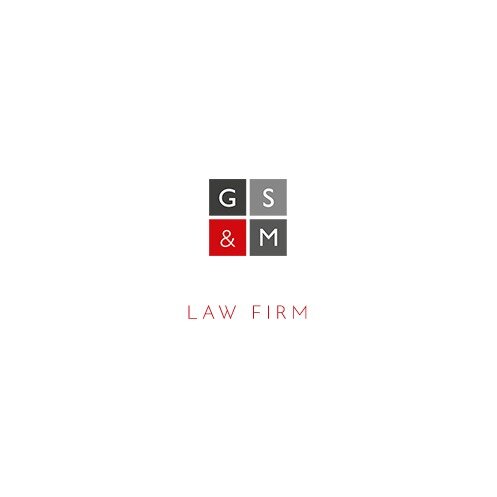Best Financial Services Regulation Lawyers in Belgrade
Share your needs with us, get contacted by law firms.
Free. Takes 2 min.
List of the best lawyers in Belgrade, Serbia
Legal guides written by Business Law office - Advokatska Kancelarija:
- Why Invest In Serbia
About Financial Services Regulation Law in Belgrade, Serbia
Financial services regulation in Belgrade, Serbia, is governed by a complex framework of laws and regulations aimed at ensuring the integrity, transparency, and stability of the financial system. The regulatory environment in Serbia is in alignment with European Union standards, albeit with some local specificities. The National Bank of Serbia (NBS) plays a central role in overseeing financial institutions, ensuring compliance with regulatory policies, and maintaining financial stability. Additionally, the Ministry of Finance and the Securities Commission of the Republic of Serbia contribute to the regulatory landscape by implementing legislative measures and overseeing the financial markets.
Why You May Need a Lawyer
Engaging with financial services entails navigating a web of regulations and legal requirements, and there are several scenarios where legal counsel is beneficial. Common situations include:
- Starting a financial institution or expanding existing services within Serbia.
- Compliance issues or disputes with financial regulators such as the National Bank of Serbia.
- Navigating mergers, acquisitions, or restructurings in the financial sector.
- Engaging in cross-border financial services and understanding bilateral agreements.
- Assisting with financial fraud investigations or defense against regulatory enforcement actions.
Local Laws Overview
Key aspects of the local laws for financial services regulation in Belgrade include:
- Banking Law: Governs the establishment, operations, and supervision of banks, placing a strong emphasis on solvency, liquidity, and risk management.
- Capital Markets Law: Focuses on the regulation of public offerings, trading securities, and the obligations of capital market participants.
- Insurance Law: Regulates insurance companies, brokers, and the contractual relationships with policyholders.
- Anti-Money Laundering (AML) Legislation: Comprehensive measures to prevent money laundering and financing terrorism, with strict compliance and reporting requirements.
- Consumer Protection Law: Provides guidelines to protect consumer rights in financial transactions and mandates transparency and fairness in financial services.
Frequently Asked Questions
What is the role of the National Bank of Serbia in financial regulation?
As the central bank, the National Bank of Serbia oversees monetary policy, supervises financial institutions, and ensures financial stability and compliance with legal requirements in the financial sector.
Do financial institutions in Serbia need a license to operate?
Yes, financial institutions such as banks and insurance companies must obtain a license from the relevant authority, such as the National Bank or the Securities Commission, to operate legally.
How are consumer rights protected in Serbia’s financial services sector?
Consumer rights are protected under the Consumer Protection Law, which mandates transparency, fairness, and reasonable treatment in financial services, ensuring consumers are informed and protected in their transactions.
What are the penalties for non-compliance with financial regulations in Serbia?
Penalties range from fines to suspension of operations and revocation of licenses, depending on the severity and nature of the non-compliance or violation.
Is there a framework for resolving disputes in the financial sector?
Yes, Serbia has a framework for resolving disputes through mediation, arbitration, or legal proceedings, depending on the specific provisions of the contract and applicable laws.
Can foreign investors operate financial services in Serbia?
Yes, foreign investors can operate in Serbia, but they must comply with local laws and possibly obtain approvals or licenses from the relevant regulatory bodies.
What are some common compliance challenges in the Serbian financial sector?
Common challenges include adherence to strict AML/KYC regulations, changes in EU-aligned legal frameworks, and adapting to evolving regulatory demands and digital innovation.
How often do the regulatory bodies in Serbia update financial regulations?
Regulatory bodies frequently update financial regulations to align with international standards, technological advancements, and to address emerging risks in the financial system.
What steps should financial institutions take to ensure compliance?
Institutions should establish robust compliance programs, conduct regular audits, stay informed on regulatory changes, and provide continuous staff training on compliance matters.
Are there specific regulations for fintech companies in Serbia?
Yes, fintech companies are subject to both general financial regulations and specific guidelines aimed at addressing technological and innovative aspects of their services.
Additional Resources
For more information and resources on financial services regulation in Belgrade, consider consulting the following:
- National Bank of Serbia (NBS)
- Ministry of Finance of the Republic of Serbia
- Securities Commission of the Republic of Serbia
- Serbian Chamber of Commerce
- Local law firms specializing in financial services regulation
Next Steps
If you need legal assistance in financial services regulation, consider the following steps:
- Identify the specific issue or area where legal advice is needed.
- Research and select a law firm or lawyer with expertise in financial regulation in Serbia.
- Schedule a consultation to discuss your situation and obtain tailored legal advice.
- Prepare all necessary documentation and information to facilitate a thorough consultation.
- Follow the legal advice provided to ensure compliance and resolve any issues effectively.
Lawzana helps you find the best lawyers and law firms in Belgrade through a curated and pre-screened list of qualified legal professionals. Our platform offers rankings and detailed profiles of attorneys and law firms, allowing you to compare based on practice areas, including Financial Services Regulation, experience, and client feedback.
Each profile includes a description of the firm's areas of practice, client reviews, team members and partners, year of establishment, spoken languages, office locations, contact information, social media presence, and any published articles or resources. Most firms on our platform speak English and are experienced in both local and international legal matters.
Get a quote from top-rated law firms in Belgrade, Serbia — quickly, securely, and without unnecessary hassle.
Disclaimer:
The information provided on this page is for general informational purposes only and does not constitute legal advice. While we strive to ensure the accuracy and relevance of the content, legal information may change over time, and interpretations of the law can vary. You should always consult with a qualified legal professional for advice specific to your situation.
We disclaim all liability for actions taken or not taken based on the content of this page. If you believe any information is incorrect or outdated, please contact us, and we will review and update it where appropriate.

















